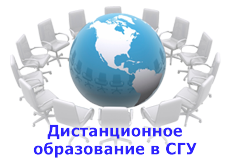В статье отмечается несоответствие уровня культуры межнационального общения современным требованиям развития интеграционных процессов в обществе, что обусловливает проблему низкой динамики толерантного отношения личности к иной культуре. В качестве средства повышения динамики предлагается использовать вузовское обучение иностранному языку. Иностранный язык является обязательным предметом по всем направлениям подготовки, и его потенциал заключается в том, что именно он оказывает влияние на образ жизни обучающихся, задает те или иные культурные стереотипы, модели, «коридоры» движения в мире взаимодействия языков и культур. Педагогическими условиями организации обучения иностранному языку, подтвердившими свою эффективность на практике, выступают: аксиологизация содержания иноязычного образования; учет национально-психологических особенностей участников образовательного процесса; активное использование приемов кросс-культурного взаимодействия.
The article deals with the discrepancy of the level of the culture of international communication to the modern demands of the development of integral processes in our society. It leads to the problem of low dynamics of person’s tolerant attitude to foreign culture. The author suggests using the foreign language teaching process as the means of the development of the tolerant attitude. Foreign language is a compulsory subject at higher school education, it influences students’ mode of life, gives the cultural stereotypes, models during the interaction of cultures and languages. The pedagogical conditions of the development of tolerant attitude in the foreign language teaching, which were proved in practice, are the following: the axiologization of foreign language teaching, the consideration of persons’ national and psychological peculiarities in the educational process, the use of techniques of cross-cultural interaction.







